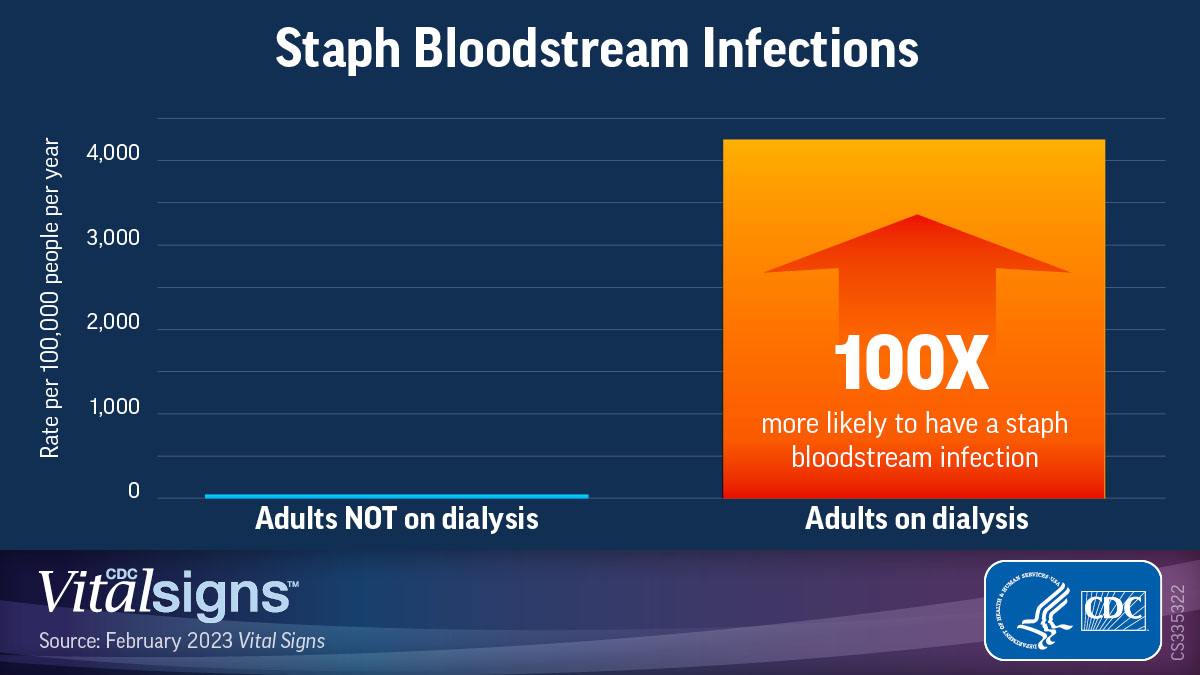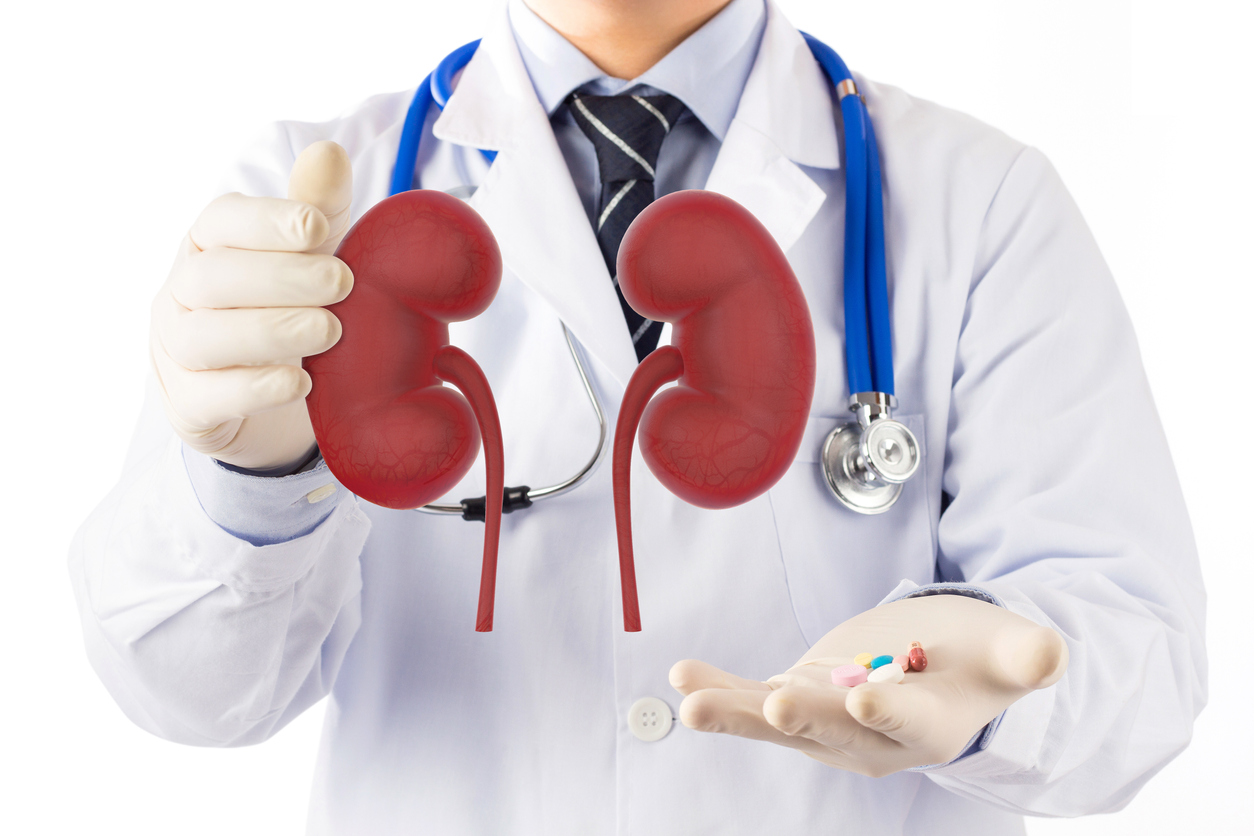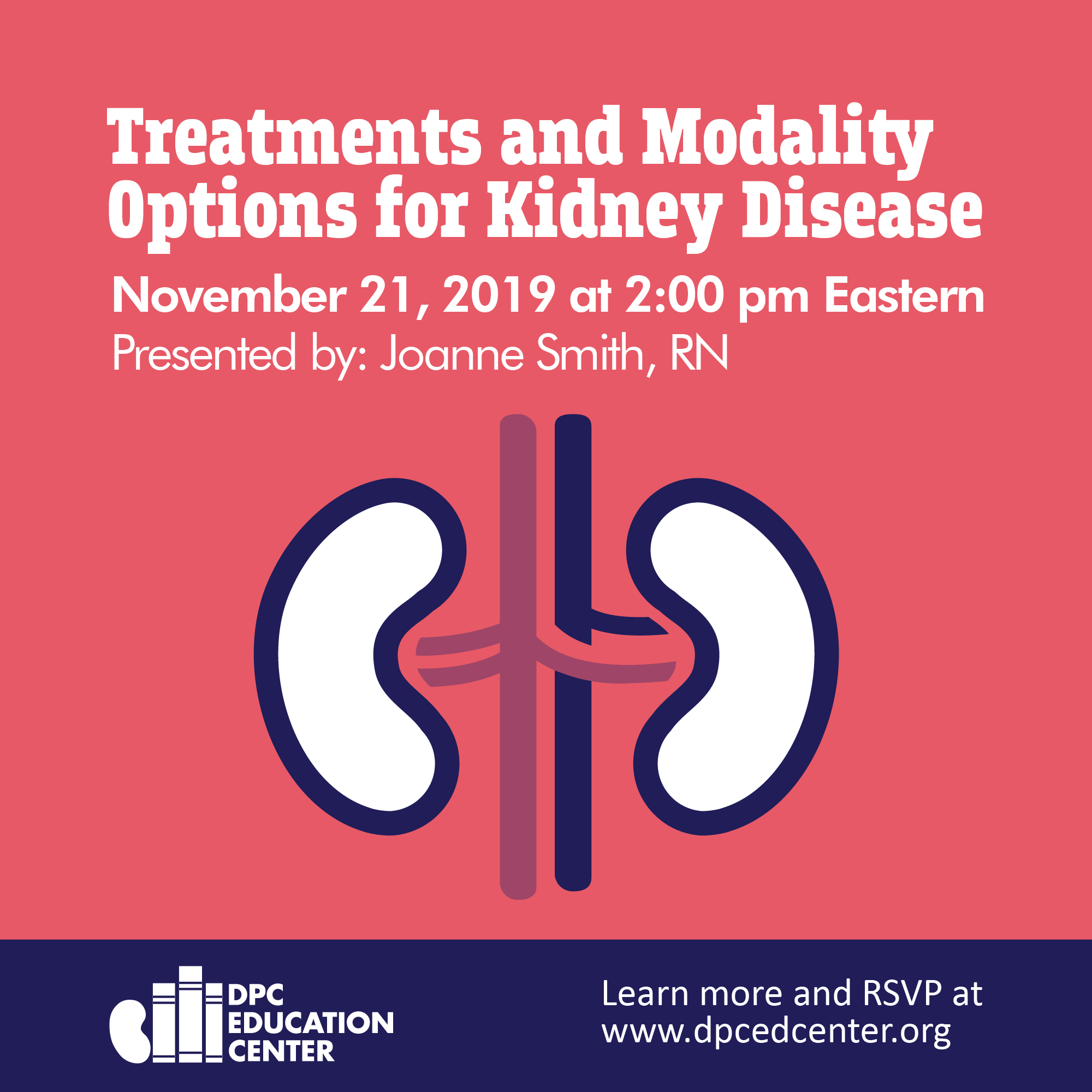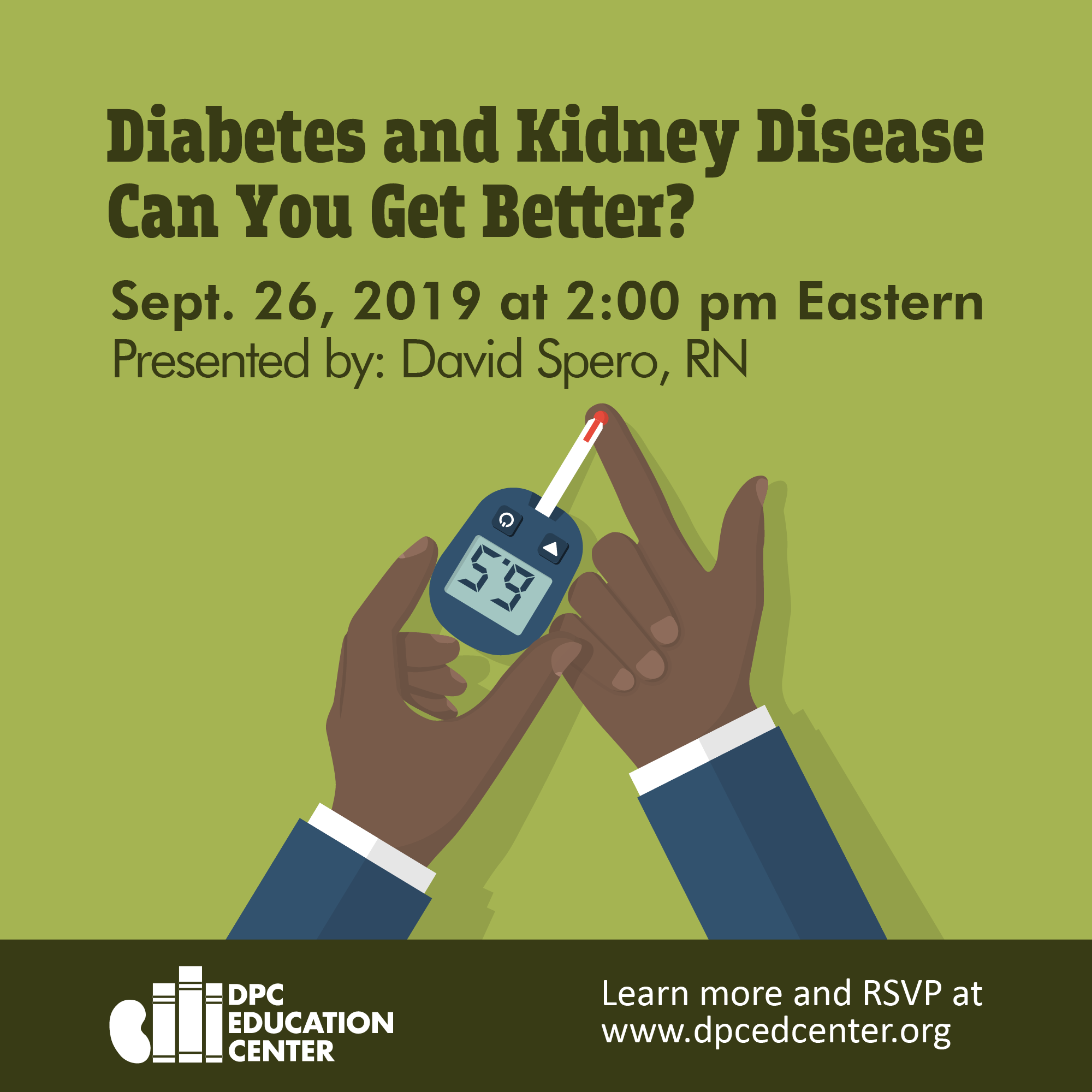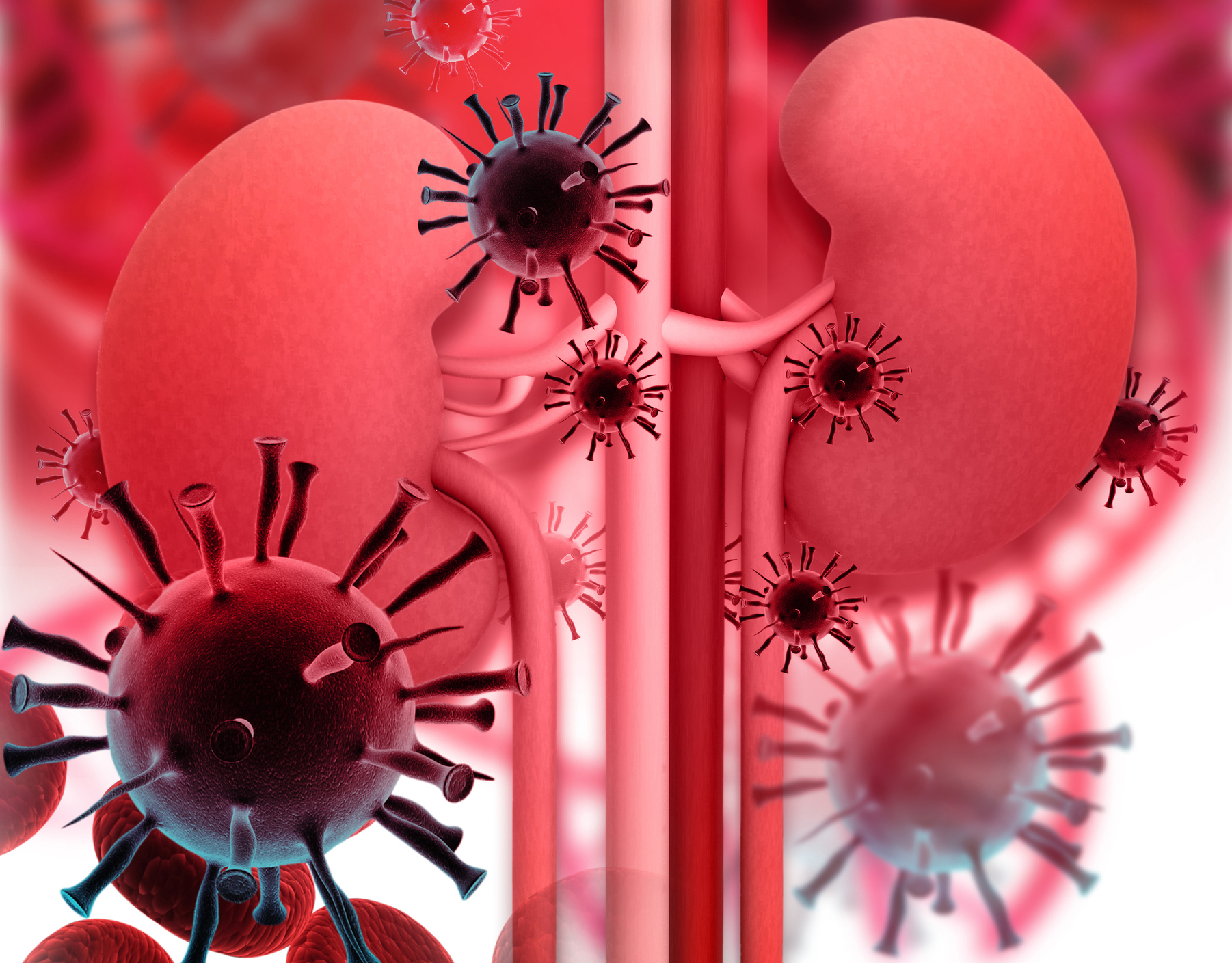Diabetic Kidney Disease
The following information will focus on diabetic kidney disease and is taken from the National Institute of Health (www.niddk.nih.gov): What is diabetic kidney disease? Diabetic kidney disease is a type of kidney disease caused by diabetes. Diabetes is the leading cause of kidney disease. About 1 out of 3 adults with diabetes has kidney disease.1 The main job of the kidneys is to filter wastes and extra water out of your blood to make urine. Your kidneys also help control blood pressure and make hormones that your body needs to stay healthy. When your kidneys are damaged, they can’t filter blood like they should, which can cause wastes [...]


